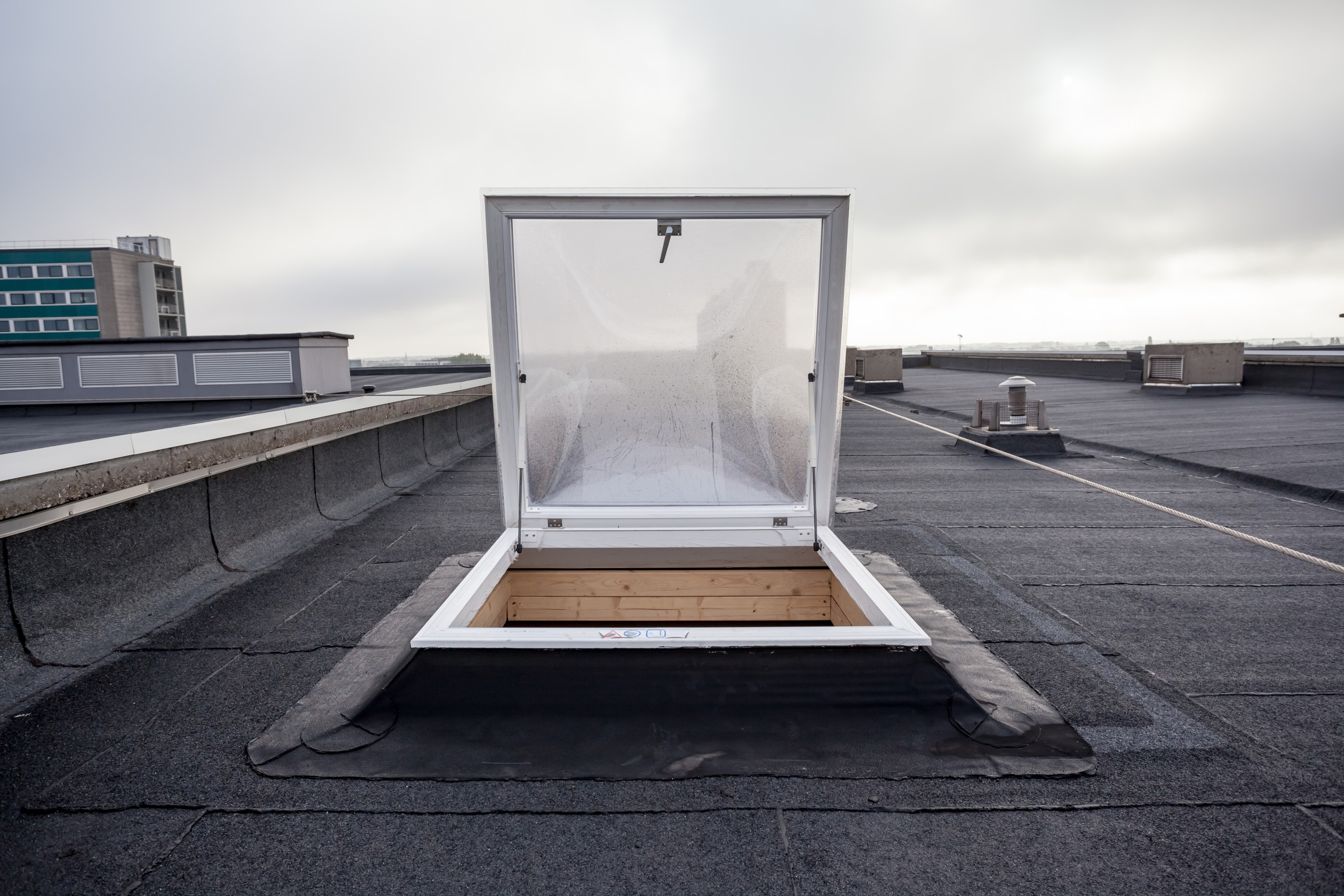What's New
China's leading electric vehicle (EV) battery manufacturer, CATL, has announced plans to significantly expand its battery swapping infrastructure in 2025.
The company aims to establish 1,000 battery swap stations across China, including in Hong Kong and Macau, with a long-term objective of building 10,000 stations in collaboration with its partners.
Why It Matters
Battery swapping offers a rapid alternative to traditional EV charging.
It allows drivers to replace depleted batteries almost instantly, addressing concerns about charging times and pushing for the convenience and adoption of cleaner vehicles.

What To Know
CATL's CEO, Robin Zeng, stated that by 2030, battery swapping, home charging, and public charging stations will each hold a significant share of the EV refueling market.
The company has codeveloped 10 new EV models with automakers, including Changan Auto and FAW, featuring the "choco-swap" battery, which can be changed in one minute.
Wang Wubing, a Didi ride-hailing driver in Xiamen, said he uses CATL battery swap stations to save time and serve more customers, though he noted that swapping is costlier than traditional charging.
Subscription fees for the choco-swap service will start from 369 yuan ($51) per month.
CATL's initiative positions them as a competitor to companies like Nio, which has already established over 2,700 swap stations and plans to expand further.
Despite the potential benefits, battery swapping faces challenges, particularly the need for standardization across different EV models. Most electric vehicles have unique battery configurations, complicating the implementation of a universal swapping system.
Additionally, advancements in fast-charging technology are reducing recharge times, which may influence the adoption rate of battery swapping as a tangible solution.
What People Are Saying
CATL's CEO, Robin Zeng, during a presentation: Appealed to corporate partners to work together to "build more convenient, more economical and safer services for customers, promoting a brand-new way of life."
Lei Xing, China auto market analyst: "I don't see it becoming mainstream, but I do see it becoming a key part of that infrastructure landscape."
Michael Davidson, renewable energy expert at the University of California: Believes that charging will dominate "and maybe there'll be some battery swapping options mixed in there."
Jing Yang, expert on China's auto and renewable energy sectors: Said automakers may be concerned that adopting a standard battery pack could cede too much control of their supply chain to others. However, some may want to test the waters to see if battery swapping can improve sales, and doing so with CATL or Nio could reduce the cost.

What Happens Next
CATL plans to begin its battery swapping rollout with fleet vehicles, such as taxis, buses, and commercial trucks, which often have standardized models and operate on set routes.
The company intends to expand services to individual car owners at a later stage.
This article includes reporting from The Associated Press




















 English (US) ·
English (US) ·